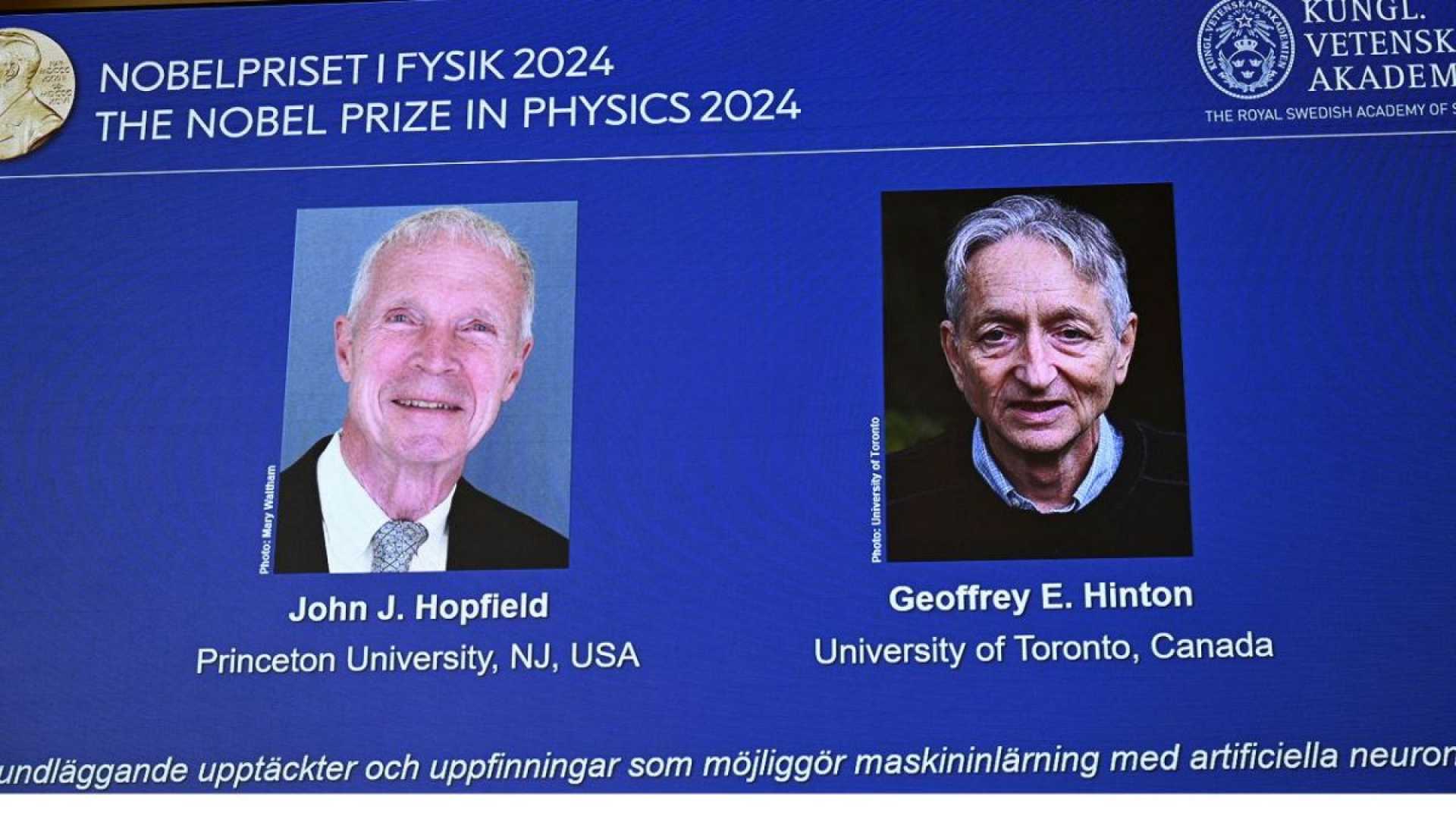News
FULL LIST: 2024 Nobel Prize Winners and Their Groundbreaking Contributions

The 2024 Nobel Prizes, announced from October 7 to 14, 2024, recognize outstanding contributions in various fields. Here is a comprehensive list of the winners and their achievements.
The Nobel Prize in Physiology or Medicine for 2024 was awarded to Victor Ambros and Gary Ruvkun for their groundbreaking discovery of microRNA and its pivotal role in post-transcriptional gene regulation. Their research, initiated in the late 1980s, has provided new insights into how genes are regulated at the cellular level, impacting our understanding of development, disease, and therapeutic strategies.
In the field of Physics, the 2024 Nobel Prize was awarded to John J. Hopfield and Geoffrey E. Hinton “for foundational discoveries and inventions that enable machine learning with artificial neural networks.” Hopfield created an associative memory that can store and reconstruct images, while Hinton invented a method for autonomously finding properties in data.
The Nobel Prize in Chemistry for 2024 was awarded to David Baker, Demis Hassabis, and John M. Jumper for their work on proteins. David Baker was recognized for his pioneering work in computational protein design, while Hassabis and Jumper were honored for their breakthrough in protein structure prediction using the AI model AlphaFold2.
South Korean author Han Kang received the 2024 Nobel Prize in Literature for her “intense poetic prose that confronts historical traumas and exposes the fragility of human life.” Her work often explores themes of mental and physical pain, reflecting a deep connection to Eastern philosophies.
The Nobel Peace Prize for 2024 is yet to be announced, with the ceremony scheduled for October 11, 2024. This prize honors efforts in conflict resolution, human rights, and climate action.
Finally, the Nobel Prize in Economic Sciences was awarded to Daron Acemoglu, Simon Johnson, and James Robinson for their research on the role of institutions in shaping the wealth and development of nations. Their work highlights the importance of inclusive institutions for long-term economic growth.












